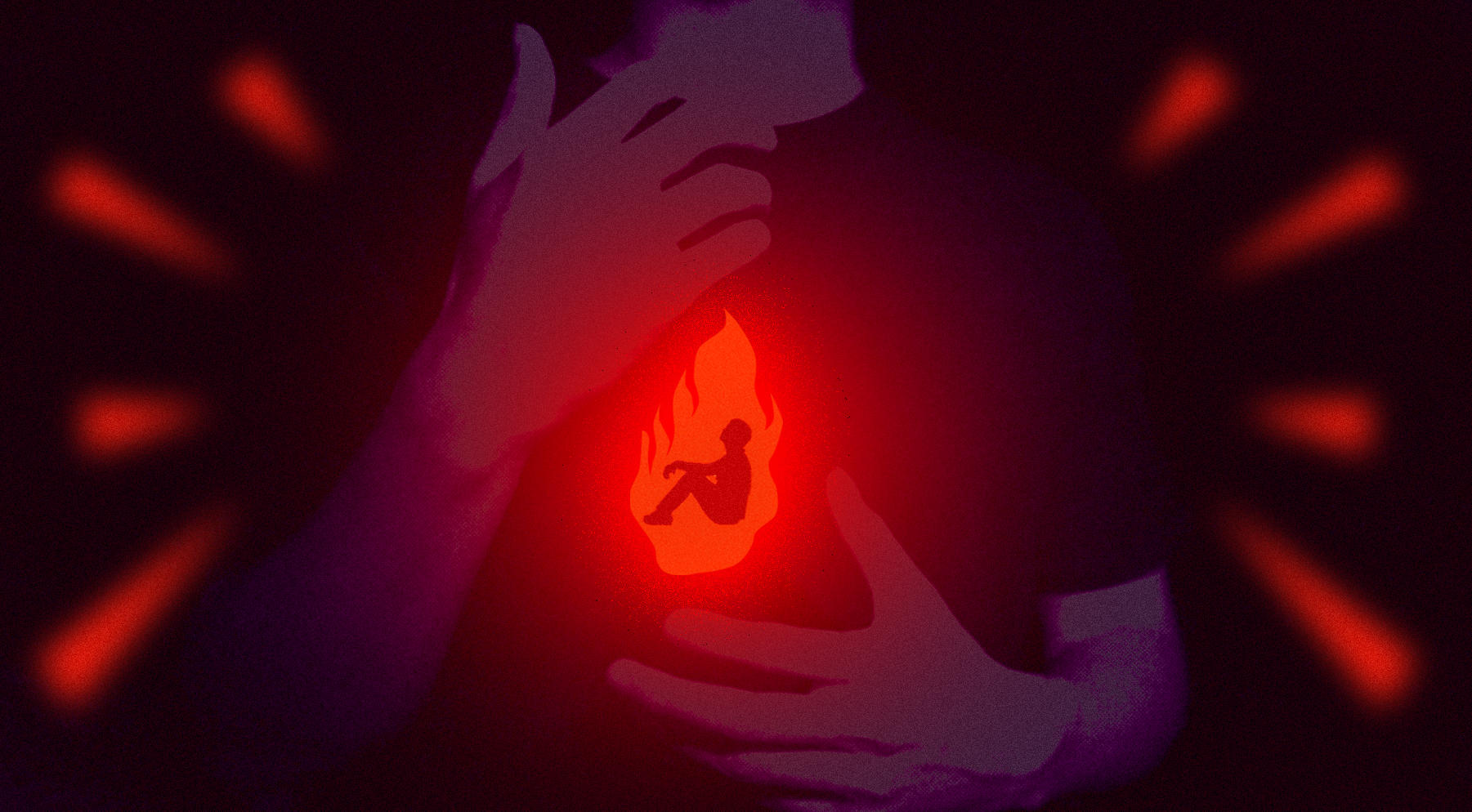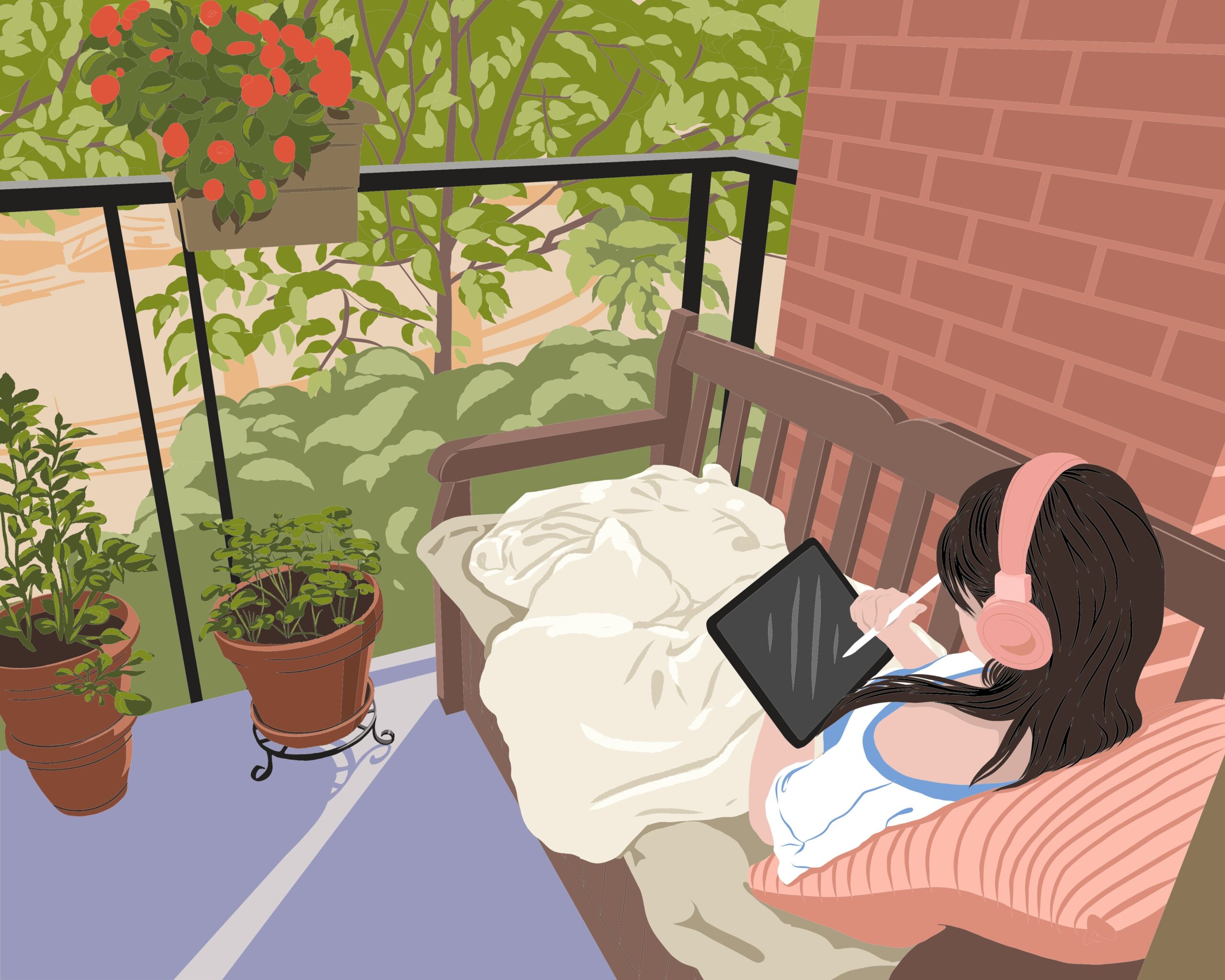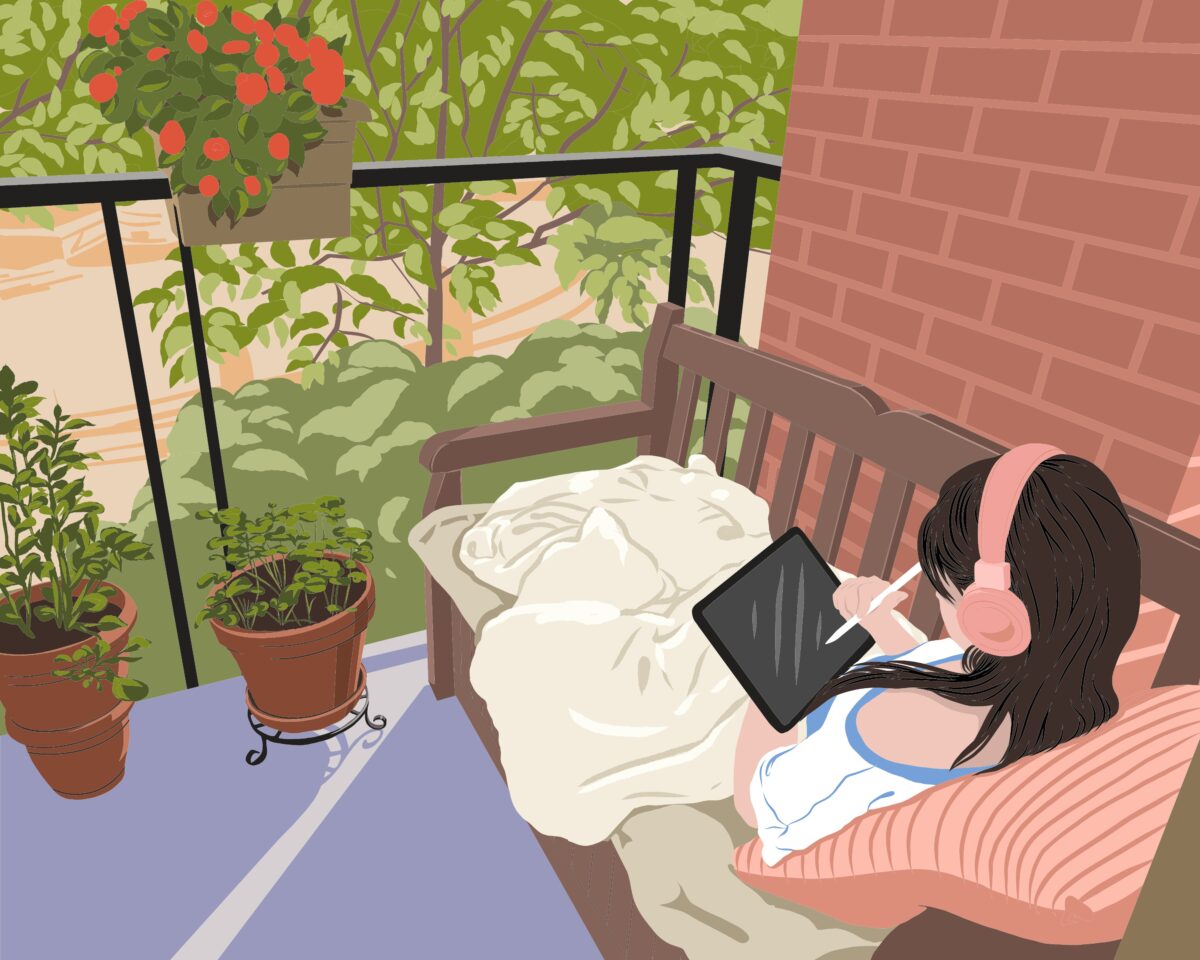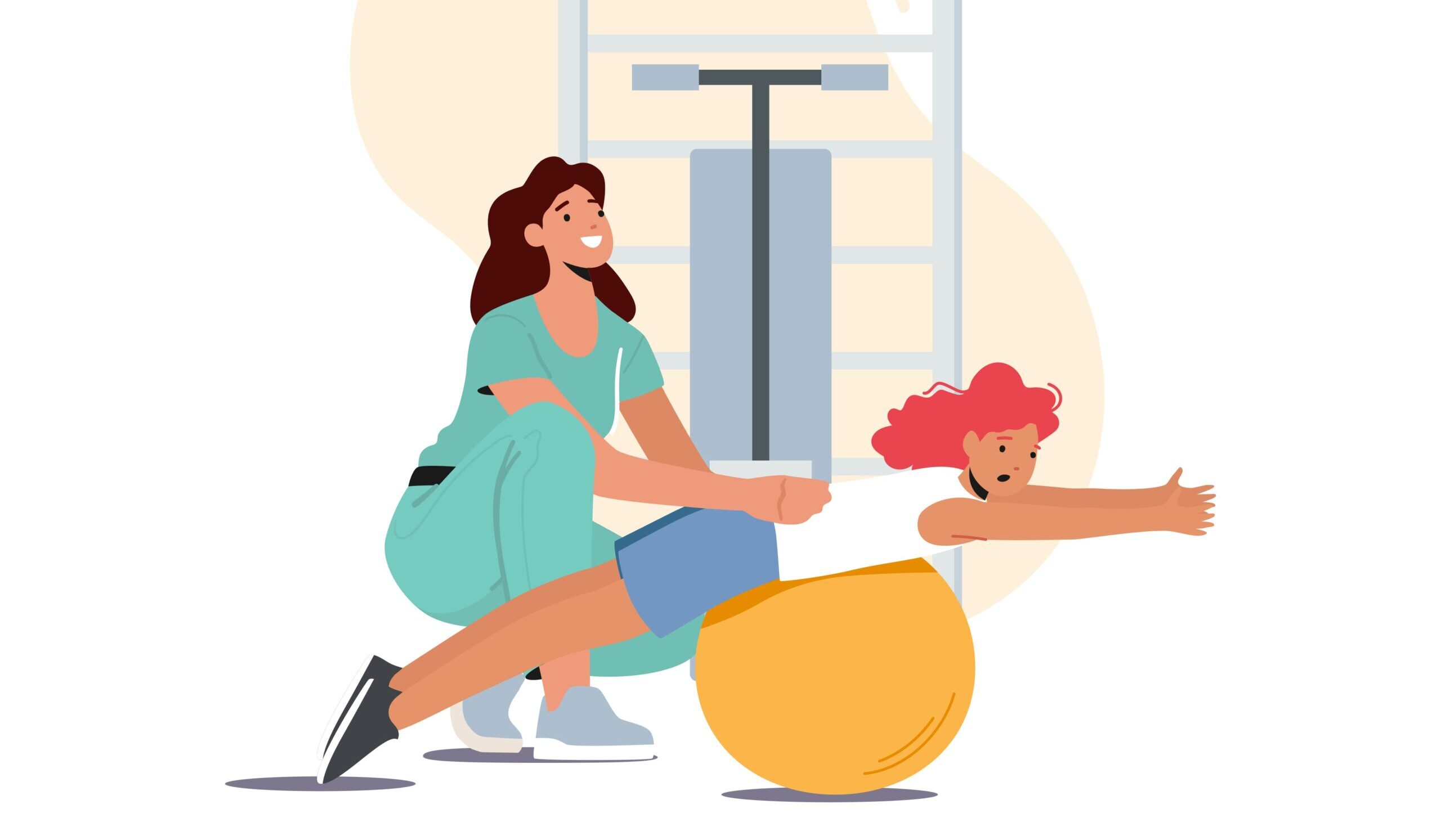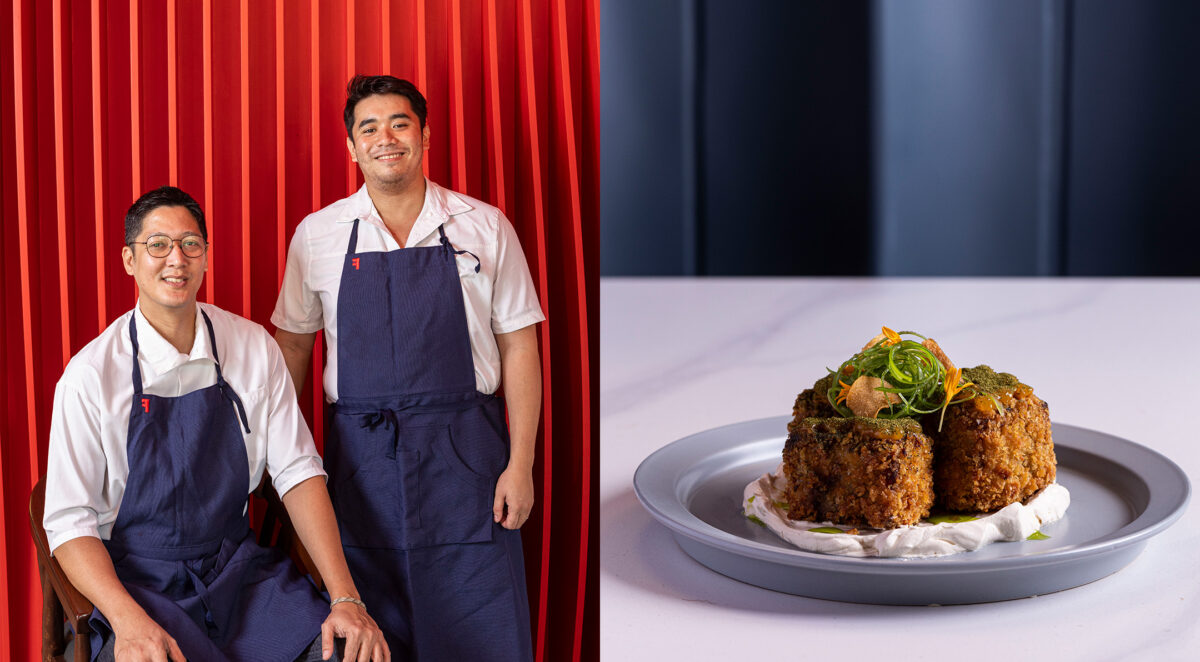Because eating also has an emotional impact that counts as a form of self-care
Photo by Maria Ionova/Unsplash
In coping with the routine changes amid the quarantine, many have flocked to social media to express how they’ve found comfort in binging a television series, learning a new hobby or starting a new fitness regimen. While there’s nothing wrong with doing so, posting about your quarantine victories can pressure others to try to achieve the same goals.
The relationship between food and fitness in the context of a global health crisis can create body image issues. Proper nutrition is a good step to fight the virus, but if you end up feeling bad about yourself in the process, then you’re just jeopardizing your mental health.
How do you eat for nutrition’s sake without compromising your mental health? Dr. Shira Gabriel, an associate professor of psychology at the University of Buffalo, acknowledged the tendency of focusing too much on the goal of being healthy. The risk is that you end up neglecting other goals such as to feel safe and connected to other people and the world around you, which is what the self-care movement is all about.

Self-care with food comes in by transforming the narrative on what counts as healthy, including your mindset when it comes to eating. Whether it’s focusing on meal preps and clean eating, what’s clear is that you shouldn’t feel guilty or shameful with whatever you eat.
For instance, choosing to eat a slice of cake because it’s your comfort food is still considered good because it gives you a sense of relief in times of loneliness even though its traditional form isn’t usually healthy.
Dr. Jordan Troisi, associate professor of psychology at Sewanee: The University of the South, said that food is intertwined with our experiences and that separating them is a difficult task. Having a bag of chips all to yourself at the end of one bad day won’t hurt, but developing the habit of turning to it whenever something bad happens may be a valid concern.
Self-care is all about respecting and listening to your body when it wants to be fed
Studies warn that the consumption of certain foods for the sake of self-care can reach a limit where you end up feeling tired, undernourished, and maybe even heavier. Moreover, eating comfort food to soothe negative emotions can cross the line between self-care and addiction. Some studies also suggest focusing on eating more food that supplies your body’s nutritional needs rather than restricting yourself from eating. You also shouldn’t feel guilty or shameful about eating comfort food, regardless if it’s healthy or not. Remember that you are doing this for self-care, not self-punishment.
Again, there’s nothing wrong with eating sweets or junk food every now and then, but remember not to neglect other food groups when you practice self-care. Secondly, try creating a peaceful and distraction-free environment and take time to enjoy your food. You could develop a tendency to wolf down your food when you’re distracted, which may lead to unhealthy habits.
Lastly, eat regularly and whenever you’re hungry. Having an appetite is a sign that you are healthy and that your body is telling you to eat. Self-care is all about respecting and listening to your body when it wants to be fed. If you want to try new dishes, you could try cooking and baking your own food since it has been proven to spur creativity and soothe stress.



